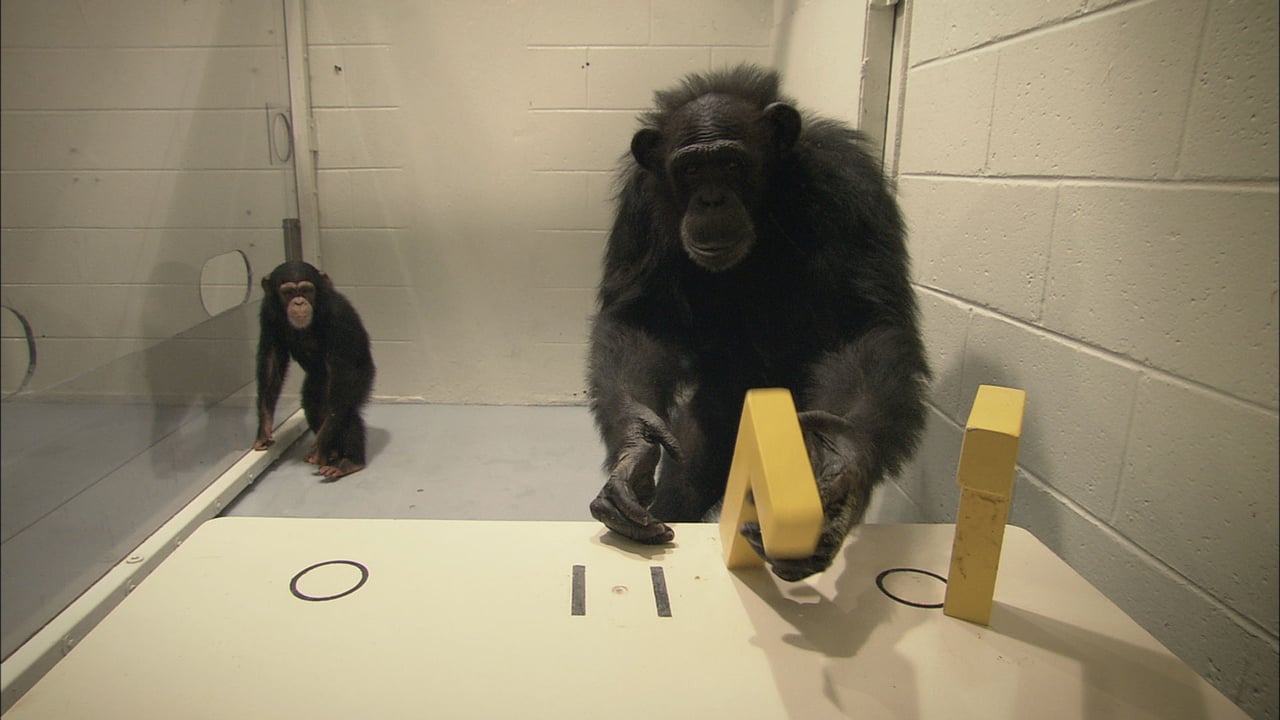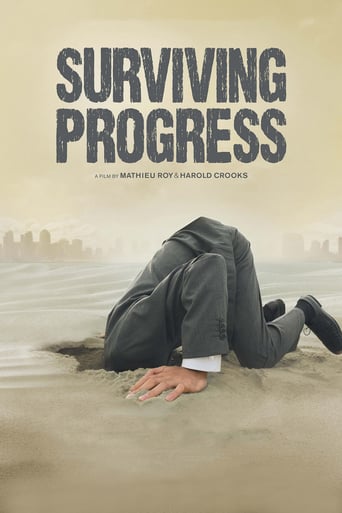



Great visuals, story delivers no surprises
A movie that not only functions as a solid scarefest but a razor-sharp satire.
View MoreYes, absolutely, there is fun to be had, as well as many, many things to go boom, all amid an atmospheric urban jungle.
View MoreA clunky actioner with a handful of cool moments.
If you are up on the literature about sustainability, human footprints, and the impact of human resource use on the environment, then you won't find any new information at all in this slow-moving introduction to these problems. This program could easily be condensed down to 60 minutes, for the sparse amount of information in it. If you want an introduction, or you want to introduce somebody else, to the impact that modern human lifestyles are having on the world around us and some of the root causes, then this will do fine. It would also do well for opening a discussion among grade school and high school students especially, and probably also for college students. It's really basic though, and I wish I hadn't wasted the time.
View MoreI read some not all that good reviews of this title, cause its simple, not enough informing, but this one is on the top of my list.Maybe some need to hear through documentary that only few percent are the one who are controlling if they still didn't conclude that them selves.Some of topics will be new to people who wonder why there is no other color for iphone5 or why my neighbor has better car than me...I hope that for the moment some questions will pop up in their heads.Im now in Europe country living for over 3 decades, and even here I can feel every bit of that few percent of chosen which are controlling the foot on our heads. And what about Africa and third world countries? We are good now, have internet, watching movies, eating food from stores, driving around in cars...but what about our children? Or their? There is just too few which are brave and consistent enough to get in that fight, and thats sad. We are just lost in fog of materialism, and thats whats this documentary is about, getting out of that fog, and seeing what obstacles we have to conquer.I really enjoyed the documentary, its eye opening, and for those who already know the story, movies, and books, still should be a piece to applaud. Its important we have more and more this kind of documentaries to get to even larger number of people.If you don't like documentaries by default, and still live in fantasy only, try this one, maybe it will be revealing to you. And there are many more not to make you smarter, to throw that knowledge as show of, but to question you're sense of perceiving this world, civilization in whole.its not about the phones, its about our enlightenment as species.
View MoreI was glad to find this documentary film available on Netflix streaming movies. But in a real sense that fact itself is part of the indicator that as a species, we may have doomed ourselves by our never-ending desire for progress, ways to get more, better, faster.The film contains the idea that the past 200 or so years has been a great "experiment", beginning with the industrial revolution. Humans have a natural curiosity and a desire for improving things that separate us from the rest of the animal kingdom. Therefore when we began to make things better, bigger, faster, we also reduced the mortality rate via medicines and health care. As an example, today it takes three years to increase the population of the world as much as it took 13 centuries not long ago.Common sense tells us that if we continue to increase the human population at the same or similar rate, which requires the expenditure of more and more natural resources to sustain all that, we are no longer "living off the interest" of our natural resources, but instead are "drawing down the principal", to use a financial investment analogy, and sooner or later it will all collapse.Many experts in various fields across the globe are given time in this documentary, and no one has a simple answer. For example, controlling population, maybe even to get it down to 1/3 of what it is today, runs directly in opposition to most religious beliefs. Or getting profit-minded major corporations and financial institutions to operate for the betterment of humanity runs counter to their goals of increasing profit.I too believe most of what is presented in this film. I had even already been looking at the issue from another perspective, namely if we continue to make more and more with fewer and fewer workers as a result of automation, while the population continues to increase, where will all the workers find jobs? It seems to me the rich will just get richer and the poor get poorer, and at some point there will be a big revolt.Interesting film on a very difficult, but also critically important, issue. The honored physicist Steven Hawkin weighs in, he says if we can survive for another 200 years, then the human species may just be fine. He thinks we will find a way to go into space and find ways to colonize away from the Earth.I am not sure I agree. It seems to me there will be a giant crisis within the next 200 years, accompanied by mass killings with only a fraction of the population surviving. Then, as movies and TV series' often depict, a comparatively small band of people will work together to repopulate the Earth. None of us will be around to know.
View MoreThis movie has all the same diatribes that you've heard a zillion times. Capitalism is evil seems to be the unmentioned theme of the movie. The earth is dying and China is about to consume everything, run for you life. So if you're in the mood for some self hate, check this movie out right now. They have been saying that the world is overpopulated and will run out of food forever. Next thing you know its 20 years later and we still haven't run out of food and the population is larger than what they thought. Obviously, because these people never seem to factor in technological advances. Doom and gloom without any positive information. The world is going to hell in a hand-basket and its all your fault! Unless you think like they do and still go around consuming and creating garbage.
View More